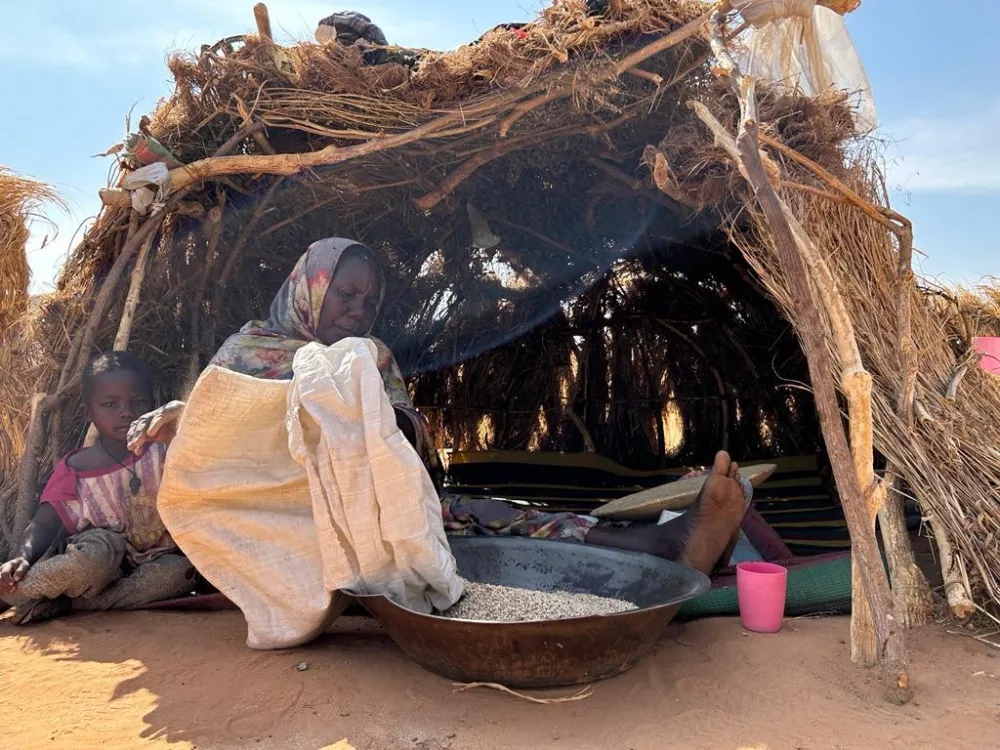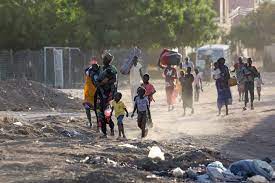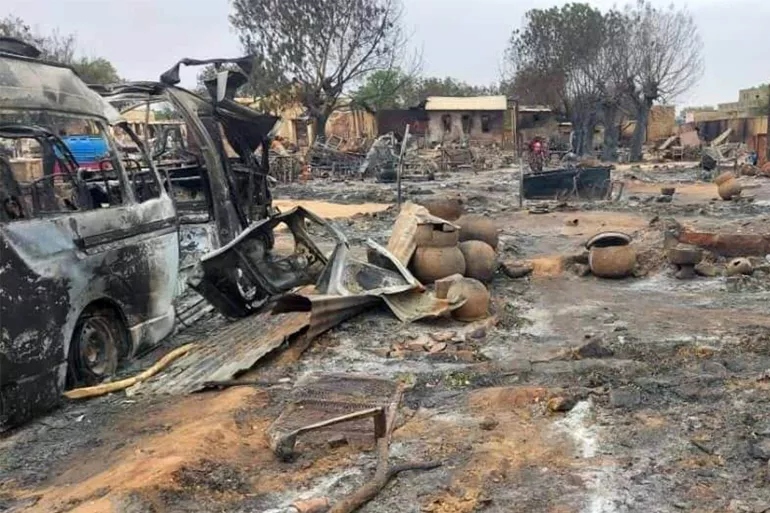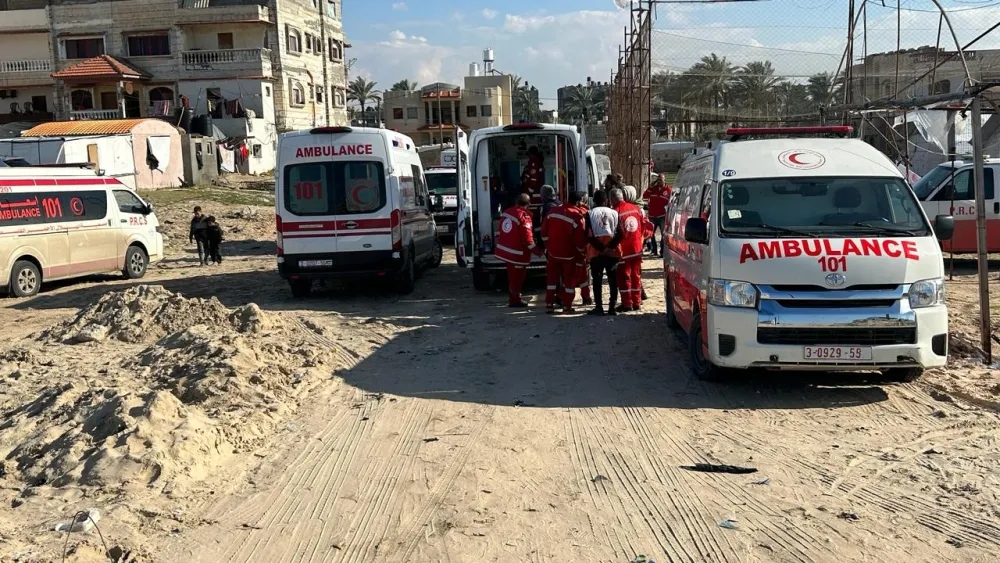Flourishing Amidst Devastation: The Rise of Mutual Aid in
Sudan
As Sudan grapples with the devastating toll of a year-long conflict, where tens of thousands have perished and millions are displaced, a beacon of hope - mutual aid emerges.
Since April 15, 2023, when internal strife
erupted between the Rapid Support Forces and the regular army, Sudan's dreams
of democracy and prosperity have been shattered. Yet amidst the chaos and
suffering, a network of solidarity has blossomed, driven by local communities
and diaspora support.
In the face of limited international aid access, millions of Sudanese have banded together, utilizing local resources to provide essential services and support. These grassroots efforts, known as Emergency Response Rooms (ERRs), have become lifelines, offering food, healthcare, and critical assistance to those in need.
Despite operating in the shadows of conflict, ERRs have garnered recognition as frontline humanitarian actors, engaging with aid agencies like OCHA, USAID, and ECHO to secure funding and support. While mutual aid flourishes, traditional aid organizations struggle to adapt to this decentralized model, prioritizing community accountability over bureaucratic reporting structures.
ERRs, though resilient,
face resource constraints and security risks, with members targeted by
conflicting parties. Despite their vital role, ERRs often find themselves
excluded from diplomatic circles and international conferences, hindering their
access to crucial resources.
Built on principles of solidarity and grassroots democracy, ERRs exemplify the resilience of Sudanese communities. In Khartoum State, ERRs operate communal kitchens, health clinics, and women's cooperatives, embodying principles of accountability and transparency.
As these initiatives spread across Sudan, a Localisation Coordination Council has emerged, fostering dialogue and laying the groundwork for post-war reconciliation. Yet, operating amidst conflict is not without its challenges. Volunteers risk their lives daily, facing bombings, arrests, and shortages of basic necessities.
As Sudan teeters on the brink of famine,
exacerbated by power outages and communication blackouts, the international
community's support is more critical than ever. Preventing further catastrophe
requires collaboration between local initiatives, NGOs, UN agencies, and
warring parties.
Despite the hurdles, the spirit of solidarity endures.
Hundreds of volunteers continue to cook, heal, and support their communities,
embodying the resilience of the Sudanese people. As the world watches,
solidarity with Sudan's mutual aid efforts is imperative, offering a glimmer of
hope amidst the devastation.










